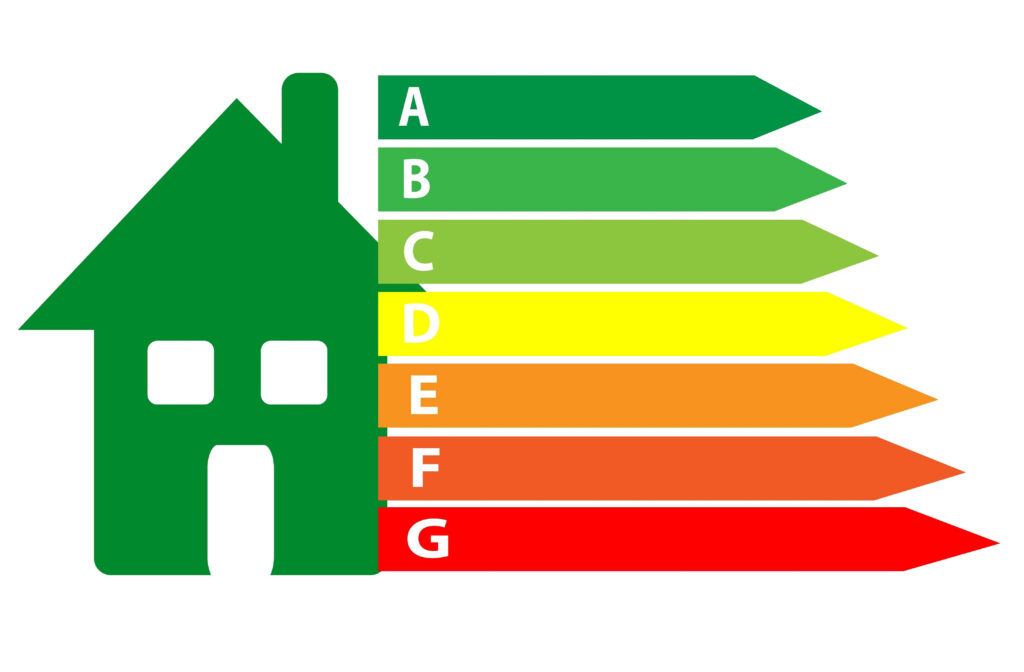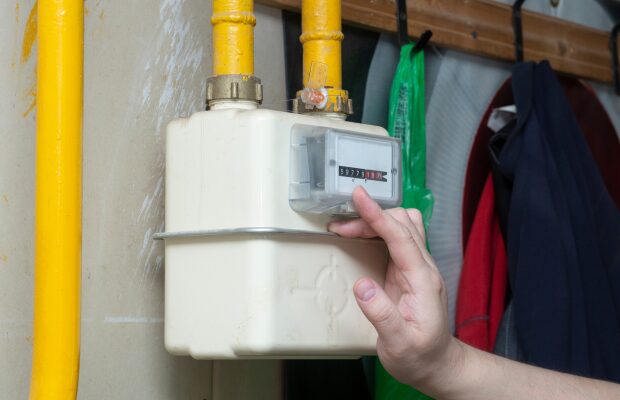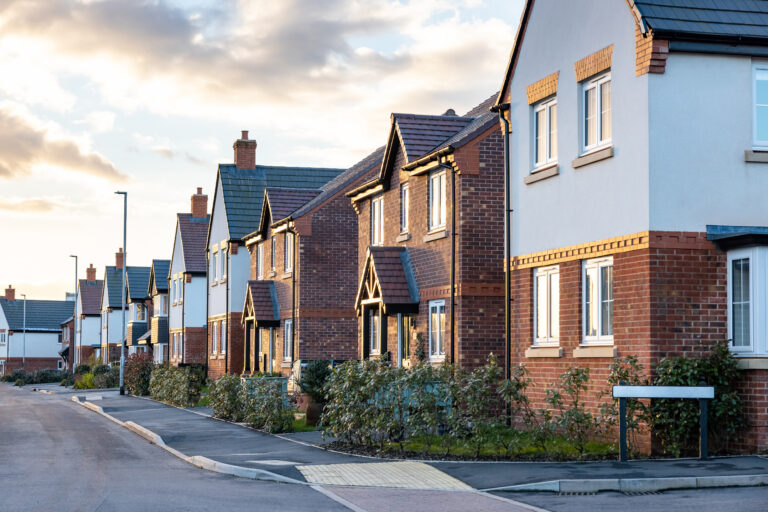If you’re a London landlord, you should be well aware of Minimum Energy Efficiency Standards, more commonly known as MEES.
The MEES rules were introduced in April 2018 with the aim of improving the standards of rental properties for tenants.
But what do they mean and what changes will affect you as a landlord in 2020?
We’ll be outlining everything you need to know about MEES and the changes to the regulations you can expect in 2020, as well as answering some key questions surrounding MEES and energy efficiency.
MEES regulations: How the new rules may affect you
As you should already be aware, the MEES regulations came into force in April 2018 and affected all new and renewed tenancies after that date.
The regulations make it illegal to rent out any residential property with an Energy Performance Certificate (EPC) rating below E.
The penalties are worth noting, too.
The fine for renting out a non MEES-compliant property for up to three months are 10% of the property’s rateable value, with a minimum fine of £5,000 and maximum of £50,000.
After three months, that fine rises to 20% of the property’s value with a minimum fine of £10,000 and maximum of £150,000.
Serious stuff, we’re sure you’ll agree.
So, to those changes for 2020, which are actually pretty straightforward.
While MEES regulations since April 2018 have only applied to new and renewed tenancies, from April 2020 they will apply to ALL tenancies.
That means landlords with long-term tenants who signed their agreements before April 2018 and are on the same tenancy agreement who haven’t acted, need to do so fast if their property is rated below E.
Tenants, meanwhile, should also be aware of the changes to MEES regulations in April 2020 if they are in the middle of a long-term tenancy or even if they’re looking to view a new property to rent.
How to get an EPC rating calculation
The only way to get an EPC rating is to have an assessment on your property.
EPCs are valid for 10 years, but that doesn’t mean you need to wait that long to get a new one.
If you’re concerned your rental property might be in or around that crucial E rating or you simply want some MEES guidance, book an assessment online.
Your energy efficiency questions answered
Why is energy efficiency important?
Energy efficiency is a term you probably hear all the time, but what does it actually mean?
Well, energy efficiency is essentially the process of keeping energy usage to a minimum without reducing quality.
It’s important for many reasons, including:
- Reducing a property’s carbon footprint
- Financial savings and lower operating costs
- To adhere to environmental law
- To boost your sustainability
What is a MEES exemption?
MEES regulations state that all residential rental properties must have an EPC rating of E or better, but there is an exemption register you might qualify for as a landlord.
You could be eligible for the MEES exemption register if:
- All relevant energy efficiency improvements have been made and the property is still below an E rating
- An improvement cannot be financed beyond £3,500 by the landlord
- The property is not suitable for wall insulation
- You can’t get access to the property to make improvements
- The work required lowers the property’s value by more than 5%
‘New’ landlords, which includes accidental landlords, could also be eligible for a six-month stay of execution in bringing their property up to standard.
Is it a legal requirement to have an EPC?
You don’t legally need a valid EPC while living in your property, although it’s advised as the certificate can help you understand where you could improve your home’s energy performance.
However, if you rent out or sell a property, you must have a valid EPC to give to a buyer or tenant.
What is the penalty for not having an EPC?
Selling or renting out a property without a valid EPC could mean a fine.
Fines for residential landlords are £200.
How much does it cost to get an EPC?
The price of an EPC assessment varies depending on the size of the property being assessed.
The best place for landlords to start when looking to get an EPC is the EPC Register.
Are listed buildings exempt from MEES?
The guidance from the government suggests that a listed building, or one in a conservation area, requiring energy efficiency work that would alter its character or appearance would be exempt from MEES.
However, judgement is carried out on a case-by-case basis, so landlords renting out listed buildings or those in conservation areas might be best off having an EPC assessment done before seeking further guidance on any work required to reach an E rating.








